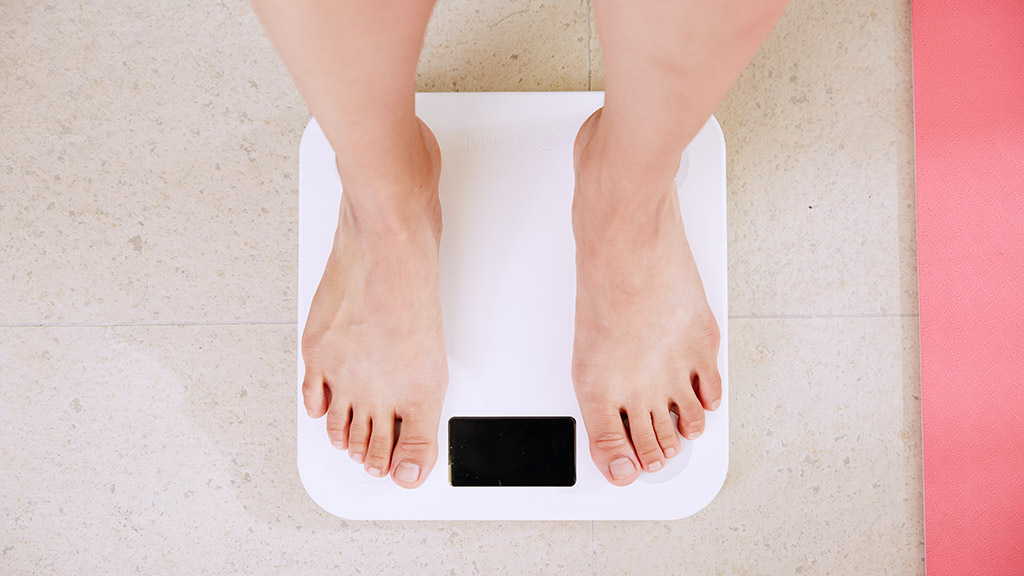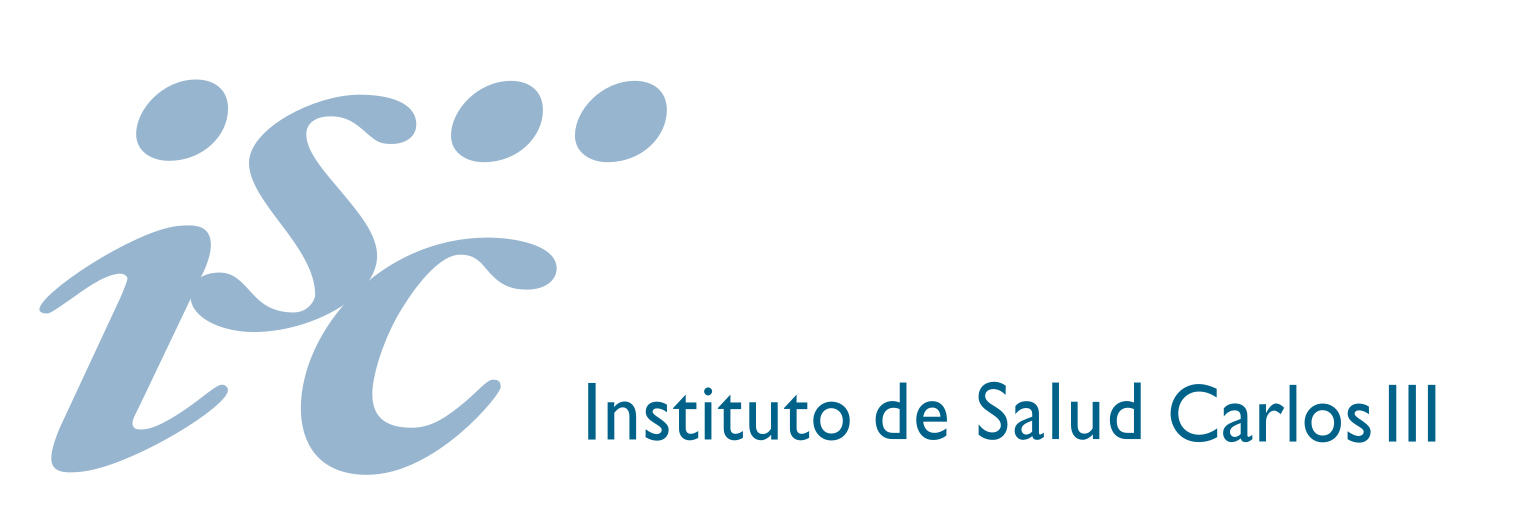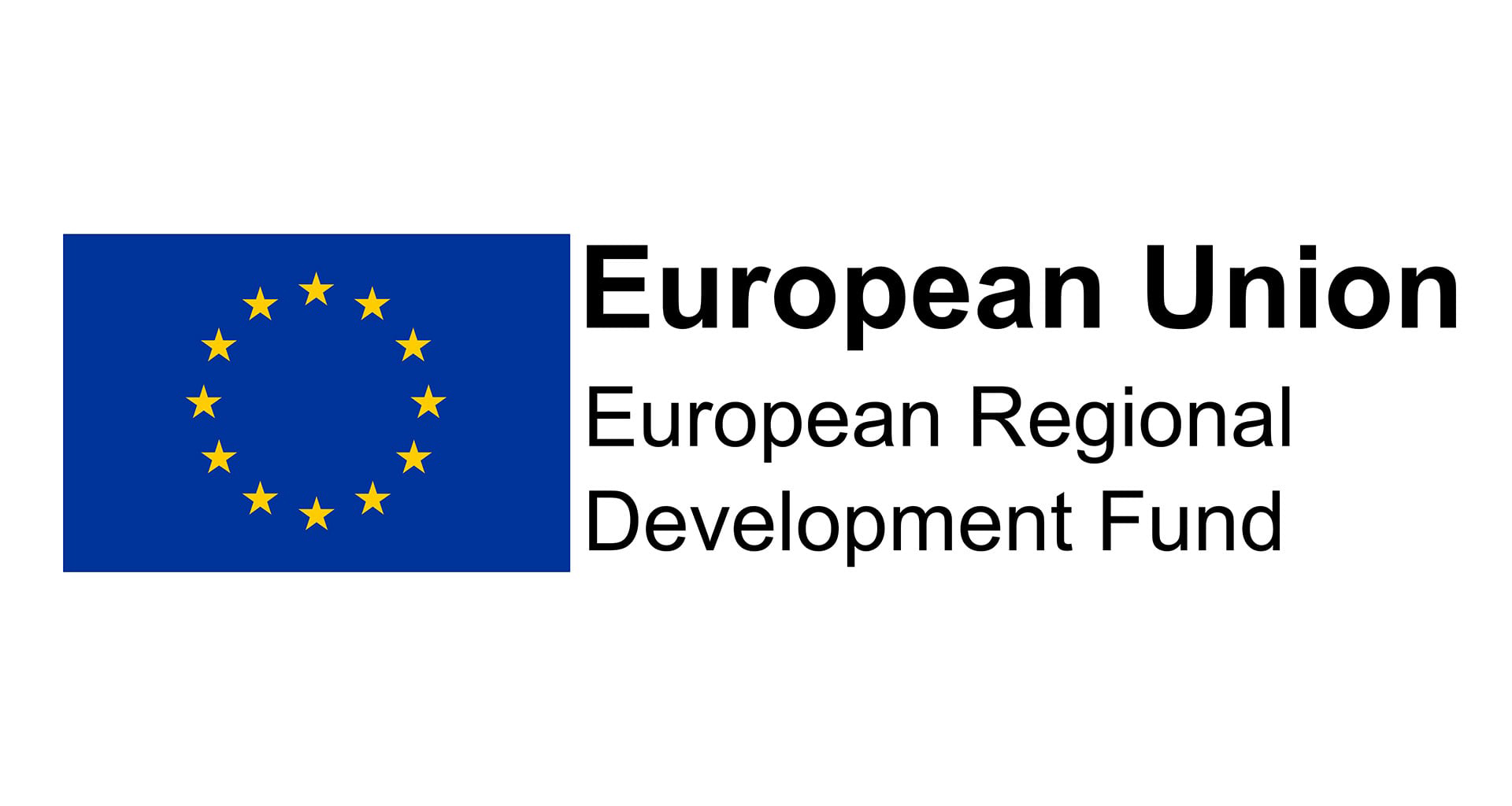UOC researchers are working on a project to determine the clinical validity of weight control apps
Evalapps will help users and health professionals choose the app that suits each person bestThe project's researchers are looking for volunteers to test their app validation tool

COVID-19 has turned our lives upside down and we have suddenly found ourselves immersed in a situation that none of us have experienced before: a total lockdown that has lasted almost two months, with an increase in people's levels of anxiety and stress. If to these sensations we add the lack of mobility and increased eating between meals, it is possible that many of us are putting on weight; and one way to control our weight may be through the use of mobile apps. In order to find out which apps are valid from the clinical viewpoint, researchers from the Universitat Oberta de Catalunya (UOC) have been working since 2017 with an interdisciplinary team of health professionals to create Evalapps.
A survey performed by the French Institute of Public Opinion has confirmed that the lack of exercise associated with the lockdown has caused people to put on weight. The study reveals that the French have put on an average of 2.5 kilograms. As a result of this weight gain, the population might need or want to bring their weight in check in order to avoid the risks associated with being overweight, as highlighted by the WHO.
One of the strategies currently used to mitigate weight-related problems is to use mobile apps. However, it is important to distinguish between those that may be useful and those others that are not effective or may even be harmful. The goal of the Evalapps project, led by Carme Carrion, member of the eHealth Center, lead researcher of the eHealth Lab research group and professor at the UOC's Faculty of Health Sciences, is to guide health professionals and users in choosing the apps that would be most helpful for weight control. In addition, Evalapps' developers seek to provide answers to questions such as which apps are backed by scientific evidence.
Volunteers are wanted to test the app
Evalapps aims to provide users with the necessary knowledge to know which apps have proven effectiveness and are considered to be valid. As things stand at present, "professionals cannot make any recommendations with confidence, because there are no specific regulations for this type of app," Carrion complained.
The project is currently in the final phase of development and the researchers are looking for 300 volunteers to test the tool that helps identify which apps can be recommended for weight control. Anyone wishing to take part can contact Professor Carrion at mcarrionr@uoc.edu. The researcher stressed that the app guarantees personal data protection as the test "asks for very few data and processing is very secure". After being accepted for the test, participants will be asked to download a specific weight management app, which will be assigned randomly from among three chosen by the project's clinical team, and will use it for 15 days. At the end of the two-week period, the volunteers will score the app they have tested on Evalapps, answering questions about different aspects, such as whether the app is easy to use or the messages are easy to understand.
A university project partnered with health professionals
Evalapps is a project funded by the Charles III Health Institute, the Spanish Ministry of Economy and Competitiveness, and the European Regional Development Fund (ERDF). It will end in December with the presentation of its results. The following UOC eHealth Center researchers are taking part: Carme Carrion, who is the project's coordinator, Noemí Robles and Francesc Saigí, who is also a professor at the UOC's Faculty of Health Sciences and director of the WHO's Collaborating Centre for Digital Health. The other members of the team are nutritionist Mariona Balfegó; Guillem Cuatrecasas, an endocrinologist at the CPEN-Clínica Sagrada Família; Montse Moharra and Elisa Puigdomènech, who are experts in the assessment of medical technologies at the Agency for Health Quality and Assessment of Catalonia; Guillermo Paluzie, head of the Healthcare Documentation and Information Service at the Maresme and La Selva Health Corporation; and Alberto Zamora, an internal medicine doctor at Blanes Hospital.



Experts UOC
Press contact
-
Editorial department
